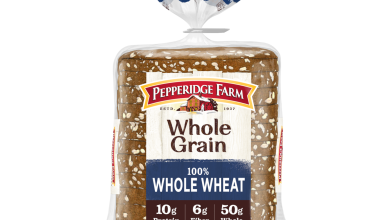Healthy Canned Carrots in Soliquids: Nutritional Benefits & Easy Recipe Tips
Carrots (Canned, Regular Pack Soliquids) – Nutritional Information
Carrots are a versatile and nutritious root vegetable, offering a range of vitamins, minerals, and antioxidants. Canned carrots in regular pack soliquids provide a convenient way to enjoy this vegetable with minimal preparation. Below is the detailed nutritional breakdown for canned carrots, including key vitamins, minerals, and macronutrient content:
| Nutrient | Amount per 100g |
|---|---|
| Energy | 23 kcal |
| Protein | 0.58 g |
| Total Fat | 0.14 g |
| Saturated Fat | 0.025 g |
| Carbohydrates | 5.37 g |
| Dietary Fiber | 1.8 g |
| Sugars | 2.46 g |
| Calcium | 31 mg |
| Iron | 0.52 mg |
| Magnesium | 9 mg |
| Phosphorus | 20 mg |
| Potassium | 173 mg |
| Sodium | 240 mg |
| Zinc | 0.29 mg |
| Copper | 0.103 mcg |
| Manganese | 0.45 mg |
| Selenium | 0.4 mcg |
| Vitamin C | 2.0 mg |
| Thiamin (Vitamin B1) | 0.019 mg |
| Riboflavin (Vitamin B2) | 0.027 mg |
| Niacin (Vitamin B3) | 0.421 mg |
| Vitamin B6 | 0.112 mg |
| Folate | 8.0 mcg |
| Vitamin B12 | 0.0 mcg |
| Vitamin A | 613 mcg |
| Vitamin E | 0.73 mg |
| Vitamin D2 | 0.0 mcg |
Allergen Information
Canned carrots in soliquids typically do not contain common allergens like dairy, gluten, or nuts. However, it’s always advisable to check product labels for any added preservatives or flavoring agents that might contain allergens.
Dietary Preferences
Carrots in their canned form are suitable for various dietary preferences, including:
- Vegetarian
- Vegan
- Gluten-Free
- Dairy-Free
- Low-Calorie
- Low-Sodium (though canned varieties might be higher in sodium)
Advice
While canned carrots are convenient, they may contain added sodium to preserve their shelf life. For those who are watching their sodium intake, it’s recommended to rinse the carrots before use to reduce sodium content. Fresh or frozen carrots may be preferable for those aiming to avoid preservatives or excess salt.
Conclusion
Canned carrots in regular pack soliquids offer a practical and nutritious option for those seeking a quick and easy way to incorporate vegetables into their diet. With essential nutrients like vitamin A, potassium, and fiber, they support eye health, digestive function, and overall well-being. Just be mindful of their sodium content, and rinse if necessary for a lower-sodium alternative.








